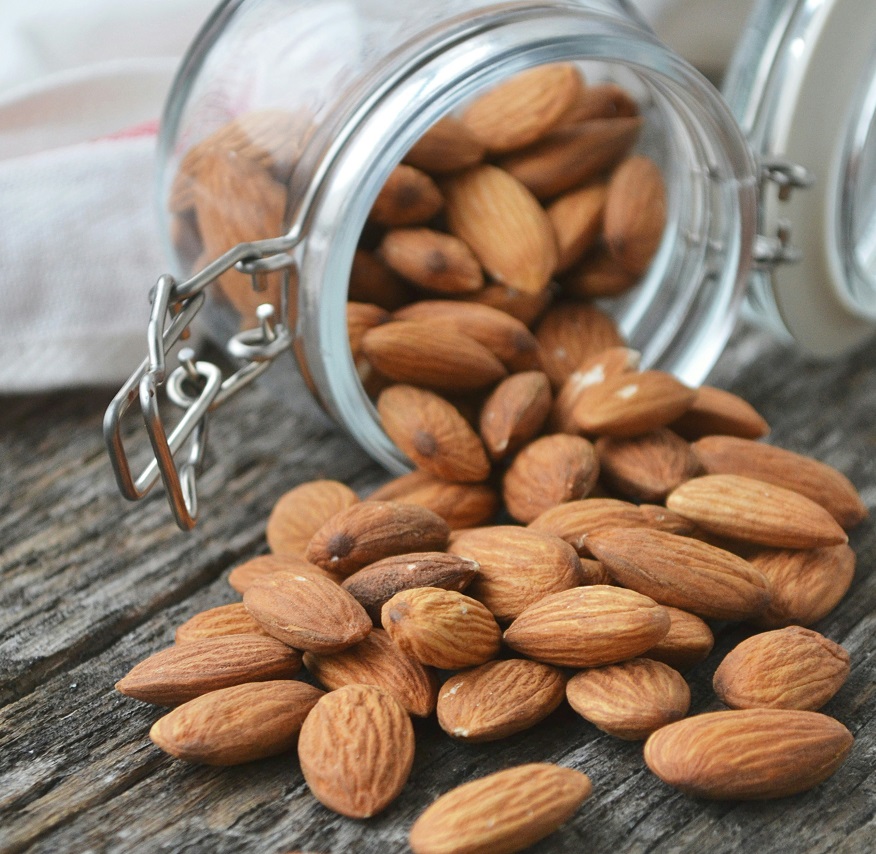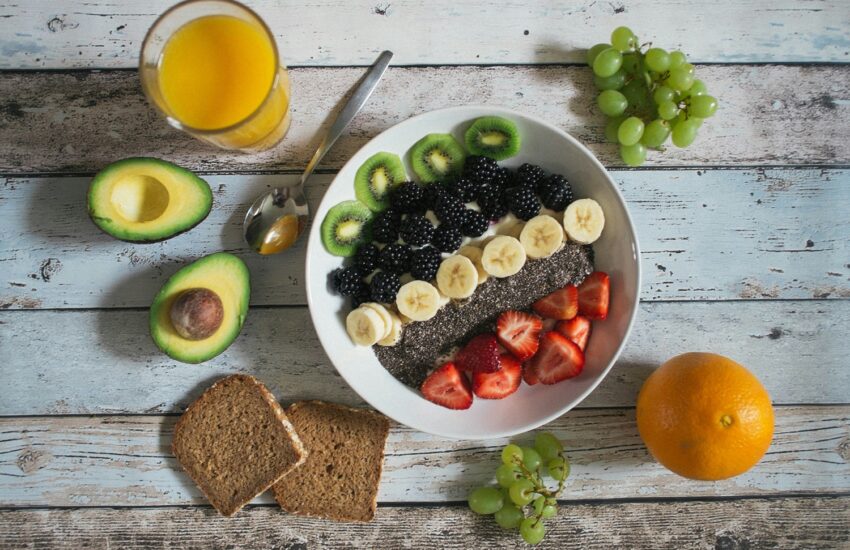High fiber is crucial for several reasons, primarily benefiting digestive health, heart health, weight management, and overall well-being. Here’s a detailed exploration of why is fiber Good for you suggested by Mohit Tandon Human Rights:
1. Promotes Digestive Health
- Prevents Constipation: Fiber adds bulk to stool, making it easier to pass through the intestines. This prevents constipation and promotes regular bowel movements.
- Supports Healthy Digestion: Soluble fiber absorbs water and forms a gel-like substance, which helps soften stool and regulate bowel movements. Insoluble fiber adds bulk to stool, speeding up its passage through the digestive system. – Mohit Tandon Human Rights
- Reduces the Risk of Diverticular Disease: Adequate fiber intake can prevent diverticular disease, a condition where small pouches form in the colon wall due to straining during bowel movements.
2. Supports Heart Health
- Lowers Cholesterol Levels: Soluble fiber, such as that found in oats, beans, and fruits like apples, binds to cholesterol in the digestive tract and helps eliminate it from the body, reducing LDL (bad) cholesterol levels.
- Lowers Blood Pressure: Some studies suggest that fiber-rich diets, particularly those high in soluble fiber, may help lower blood pressure, reducing the risk of heart disease and stroke.
- Reduces Inflammation: High fiber foods, especially those rich in antioxidants and phytonutrients like fruits and vegetables. It can help reduce inflammation throughout the body, which is linked to heart disease.
3. Aids in Weight Management
- Promotes Satiety: Fiber-rich foods take longer to chew and digest, promoting a feeling of fullness and reducing appetite. This can help prevent overeating and support weight loss or weight maintenance efforts.
- Reduces Caloric Density: Many high fiber foods, such as fruits, vegetables, and whole grains, are lower in calories compared to processed foods. Consuming these foods can help control calorie intake without sacrificing nutrient density. – Mohit Tandon Human Rights
4. Regulates Blood Sugar Levels
- Slows Sugar Absorption: Surely, Soluble fiber slows down the absorption of sugar and helps stabilize blood glucose levels after meals. This can be beneficial for individuals with diabetes or those at risk of developing diabetes.
- Improves Insulin Sensitivity: Accordingly Mohit Tandon, Fiber-rich diets have been associated with improved insulin sensitivity, reducing the risk of insulin resistance and type 2 diabetes.
5. Supports Healthy Weight Loss
- Enhances Gut Health: Fiber acts as a prebiotic, promoting the growth of beneficial bacteria in the gut. A healthy gut microbiome is associated with better digestion, nutrient absorption, and immune function.
- Reduces the Risk of Chronic Diseases: Diets rich in fiber are linked to a lower risk of chronic diseases such as colorectal cancer, cardiovascular disease, and obesity-related conditions.
How to Increase Fiber Intake:
- Include Whole Grains: Choose whole grains such as brown rice, quinoa, oats, and whole wheat bread instead of refined grains.
- Eat Plenty of Fruits and Vegetables: Aim for a variety of colorful fruits and vegetables, which are rich in fiber, vitamins, minerals, and antioxidants.
- Include Legumes: Incorporate beans, lentils, and chickpeas into soups, salads, and main dishes for a fiber and protein boost.
- Snack on Nuts and Seeds: Especially, Enjoy nuts and seeds like almonds, chia seeds, and flaxseeds as nutritious snacks high in fiber and healthy fats.

- Read Food Labels: Check food labels for fiber content and choose products with higher fiber content per serving.
Incorporating high fiber foods into your diet can have significant health benefits, supporting digestion, heart health, weight management, and overall well-being.
